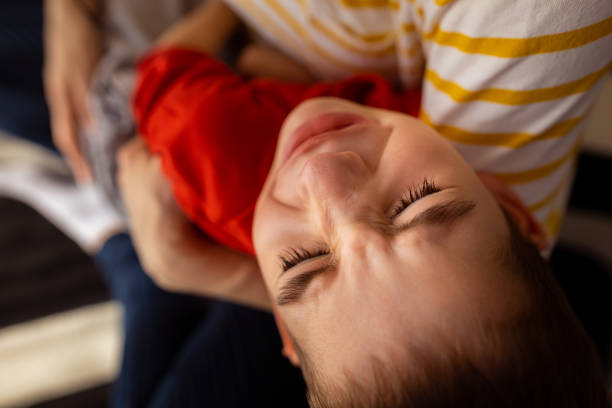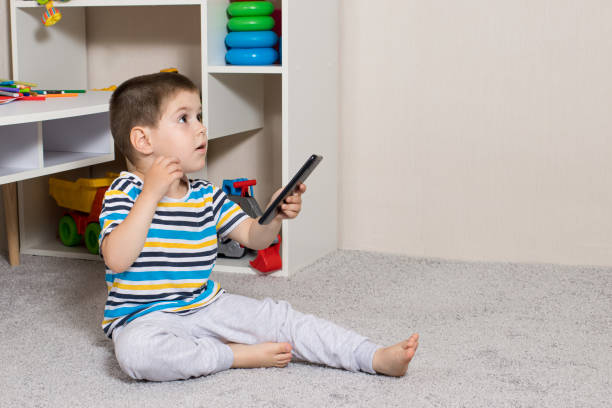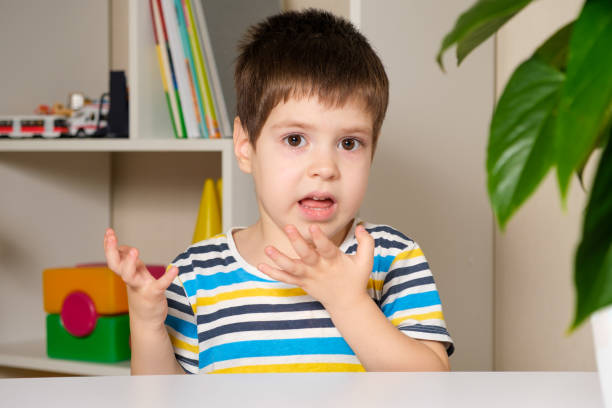You may have found as a parent that you are faced with a variety of behaviors.
How to calm a boiling tantrum.
Learn how to teach your children to clean up.
How to teach a toddler to use a potty.
When your child intentionally hurts your feelings, it is the one behavior that feels so much harder than all others.
They may knock your book from the coffee table with a bitter expression on their faces or call you mean mommy.
It feels more personal. You may feel like your child has personally attacked you and begin to question every parenting decision that you have made.
This behavior is not unusual.
This is a behavior that will most likely happen to us moms. Fortunately, it’s because we are not bad mothers.
Children are known to act out, but the way we respond to them will determine how often they do it and how well our children learn to behave.
Why is my child acting this way?
Consider these factors to see if they apply to your child.
Your child may be intentionally hurting you because:
They are copying what they have seen on television
Could they have seen a similar behavior on TV? You can imagine that they may be mimicking or experimenting with something they saw on TV.
Quick Fix: Limit their screen time and any shows that might encourage them to experiment with challenging behavior.
They’re over-tired
Your child may be intentionally hurting you because they’re tired. When we are tired, it’s easy to get irritable.
Quick Fix: More Sleep! Need help getting your child more sleep? (Need help getting your child to sleep MORE? Check out this link.) LINK
They are feeling disconnected from you.
Children who have not spent enough time with their parents can feel distant and need time together.
Quick Fix: Spend time alone together, without distractions. Do something you both enjoy. Avoid activities that could lead to more issues with behavior so you can both have a positive experience.
They are going through a phase, growth spurt, or pushing boundaries
You have to accept that this may be temporary. There is no quick fix, but you can be consistent in your approach and be gentle. Scientists want to be sure that they have the same result many times before they call it “fact.” The same goes for our children.
They’re trying to determine what our exact response will be if they test boundaries with us. Stay consistent.
Here are some possible reasons why your child may intentionally hurt your feelings
You’ll need to decide if it is applicable to your child.
We don’t wish to be permissive or ignore bad behavior but also not to punish them harshly and lose a valuable teaching opportunity. Continue reading to find out what you should do.
What is the best way to handle this behavior?
You may know what your child is doing and how to stop it, but you need to know how you will handle it when it occurs.
I would like you to keep in mind three simple things at this time:
- Voice Feelings
- Be patient and loving
- Later, ask them about it
Voice Feelings
You and your child should express your emotions.
You can express your feelings by saying, “I didn’t like that you did it.” I will fix it. Or, you can say, “Do you have ideas to help fix this?” Take some deep breaths if necessary and tell your child calmly, in a nonjudgmental manner, that you didn’t like what they did. It’s okay to tell your child you were hurt by what they did.
It would be best if you also validated their feelings. This is one of the 6 Pillars for gentle parenting because it’s so important. Was there something that made them angry? They may not have had the words to express their feelings, so they used actions instead.
You could say, “I can see that you are feeling angry at the moment.” You can say, “When you’re angry, you can.” Offer them an alternative way to express their anger.
They may be acting out because they’re angry but don’t really know how to express it.
Be patient and loving.
You might feel a variety of emotions at this time. You may be frustrated, angry, annoyed, or even hurt. This big emotion can easily show up in the way we respond to our child. However, it is important always to offer a loving and patient response.
Take a deep breath and decide what to say before you speak. This will help you avoid saying something you regret. You might be interested in this article if you have trouble with mom anger: How to Stop Being An Angry Mother.
You can still show them how to react when they are being unloved and impatient. Someone may be cruel to them one day. Wouldn’t it be wonderful if they responded with love and patience towards this person? You have to start with yourself.
Later, ask them more about it.
When your child intentionally hurts your feelings, this can be a very emotional time for you both. You should consider your emotional state before you decide to discuss it with them.
Ask your child what they felt or tried to communicate by their actions. All behavior is communication.
You can express your feelings and suggest solutions to the next time you encounter them. Avoid dragging the conversation out to “make your point.” This could make the person feel worse and lose the teaching moment.
It can help them express themselves, and it may even help them understand why they did what they did. Listen to them so that they can make their own decisions about what happened. Maybe they’ll realize that they are tired before you tell them.





